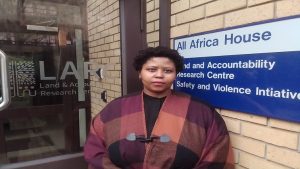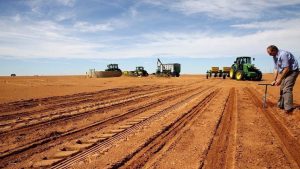There’s been mixed reactions in Gauteng where the Constitutional Review Committee held public hearings on the Land Expropriation Bill.
The Committee was in Vereeniging, in the Vaal, and Pretoria the previous week, listening to members of the public make their submissions on the controversial land issue. The hearings are being held across the country.
During the two day hearings some of the people who made their submissions have welcomed the hearings while some are saying it’s just a talk shop
The hearings into the controversial land expropriation bill come months after former President Jacob Zuma announced that land expropriation should be made law.
Parliament then took a decision that the constitution amendment committee should consult members of the public to get their view on whether section 25 of the Constitution should be amended to enable the state to expropriate land without compensation for the interest of the public.
Rural Development and Land Reform Parliament Portfolio Committee Acting Chairperson Nosilivere Magadla says:
“After getting all the views from the people, we consolidate them and put them together so that they become a solid being and then the President will sign the law.”
A large number of South Africans submitted their land claims. Some did it individually while others did it as a collective.
A group calling itself Worker in the Vaal is claiming land from the Vaal up to Potcheftroom in the North West.
It’s spokesperson Mlamleli Khubeka says: “I’m representing the claimants. We are claiming 536 IQ in Transvaal; Vanderbejilpark, Meyerton,Heidleberg and its surroundings, Nasrec, Lenesia and parts of Potchefstroom. That is the part we are claiming.”
Khubeka says they would rather be included in the economic benefits of the land for which they are claiming.
“We want the land back. We do not need compensation. If they compensate us we can remove these towns but if it comes to a push of compensating we rather be shareholders of all properties that are utilizing our land.”






